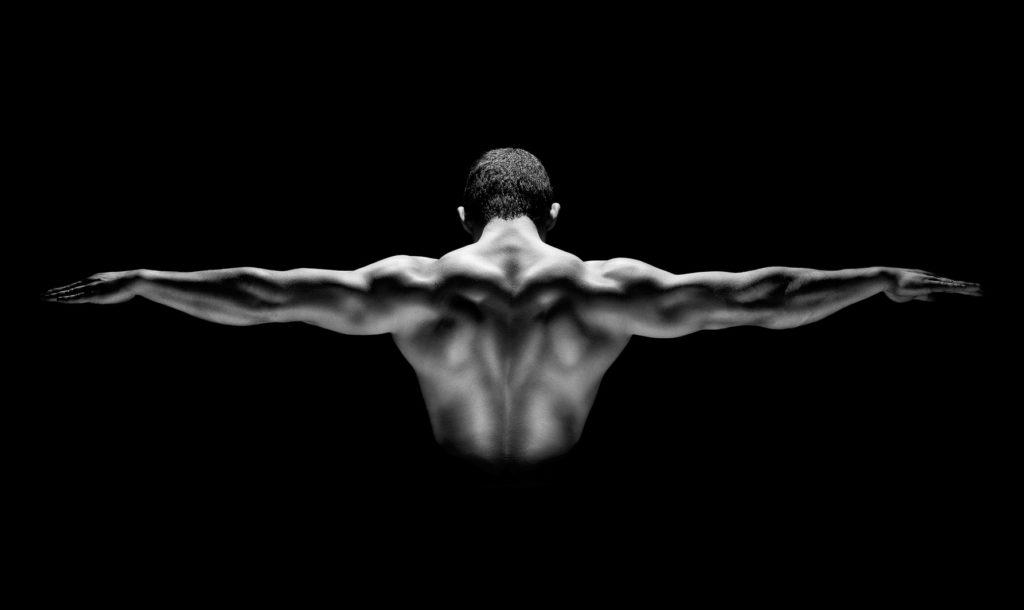
A complex process of self appraisals and self persuasion form the basis of judgements that individuals create with regards to whether they believe they have the capabilities to achieve. This is known as self efficacy and it relies on cognitive processing from a wide range of sources of efficacy information (Bandura, 1990). Self efficacy is […]
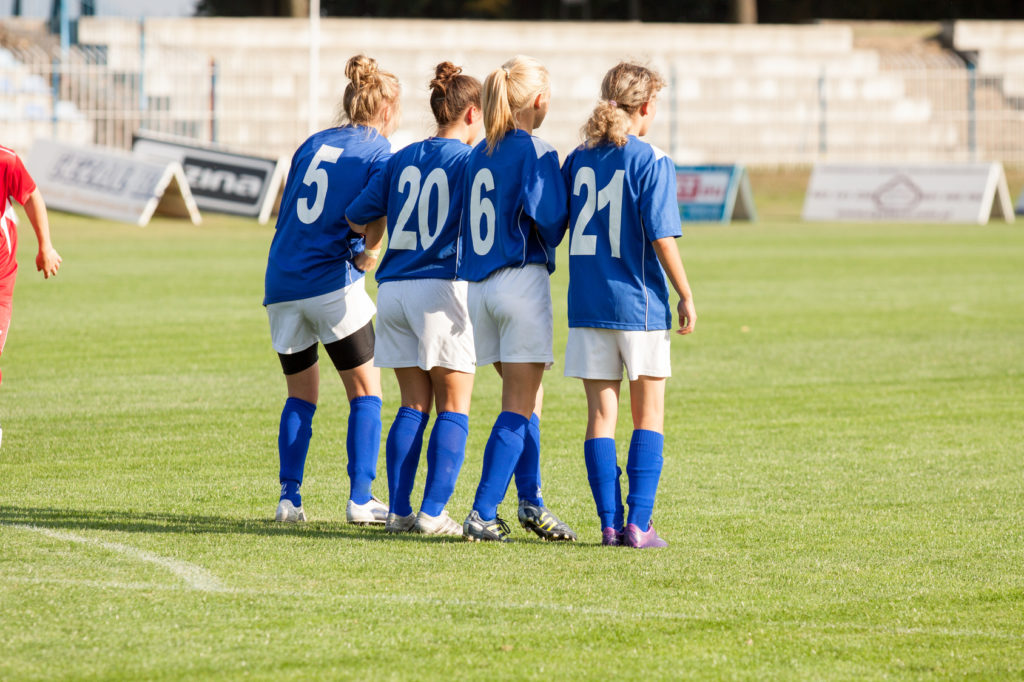
Research within sport psychology highlights and emphasises the potentially stressful nature of sports participation (e.g., Fletcher, Hanton & Mellalieu, 2006; Fletcher, Hanton Mellalieu & Neil, 2012; Giacobbi, Foore, & Weinberg, 2004). Stress can significantly influence both an athletes’ well-being (DiBartolo & Shaffer, 2002; Tabei, Fletcher, & Goodger, 2012), competitive performance (Humphrey, Yow, & Bowden, 2000) […]

Vealey (1986) proposed a sport specific theory of confidence, she defined sport confidence as `the belief or degree of certainty individuals possess about their ability to be successful in sport’. Sport Confidence theory measures two factors: trait sports confidence (SC trait) and state sports confidence (SC State). Trait sports confidence (SC trait) is innate and […]

Imagine you’re an athlete of the future. It’s your rest day, but you schedule a specialised brain training session that gives you the edge over the competition, without compromising recovery. Or you’re injured, but can’t afford to sit around just waiting to heal – so you train your brain while your body rests, reducing the negative […]
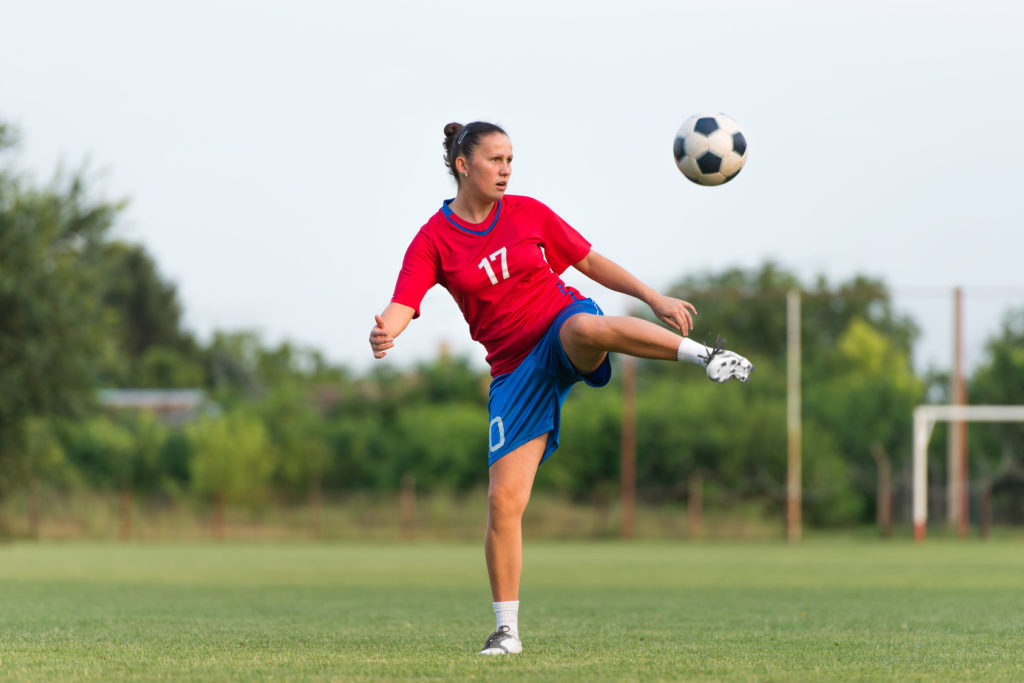
Who would have thought that, in a sport with the participation of over 60 million girls and women worldwide, somehow women coaches are still largely underrepresented on the football pitch (Norman, 2010)? It seems as though the transition from player to coach is not being made… Why? Title IX was enacted in 1972 in the […]
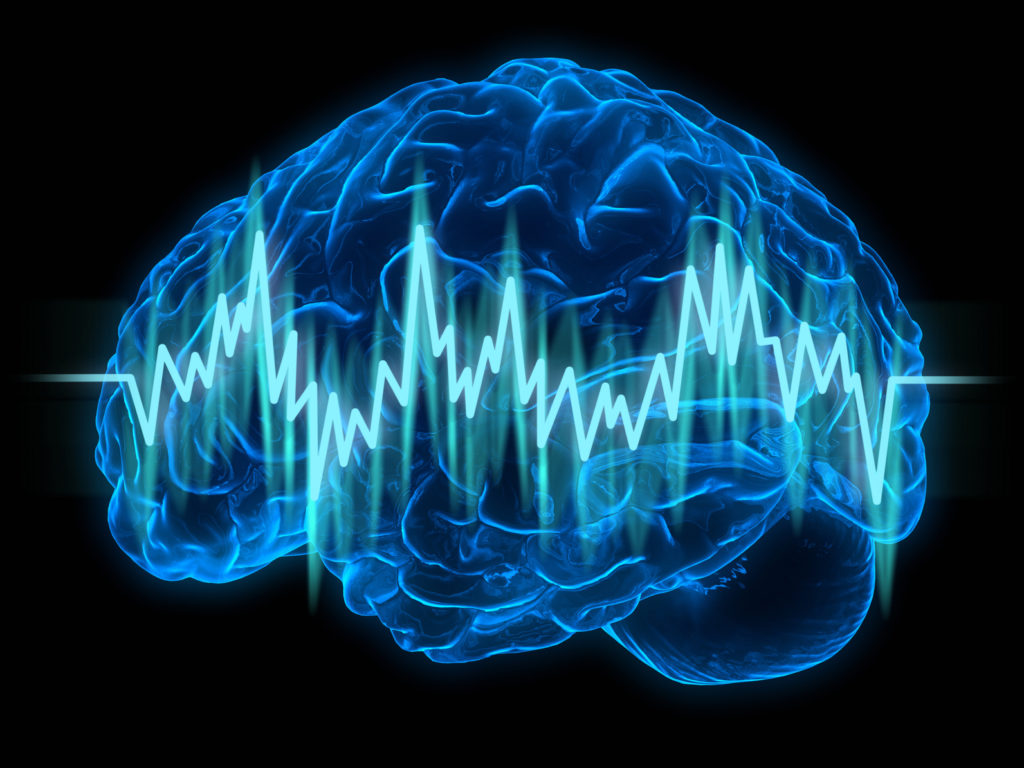
Sports psychology is the measurement of mental and behavioural components that can impact on performance (Singer et al, 1993). However, sports scientists and coaches alike have a difficult task observing, measuring and controlling mental processes (Lawton, et al, 1998). One way of gaining an understanding of the brain is through Electroencephalography (EEG). An EEG records […]
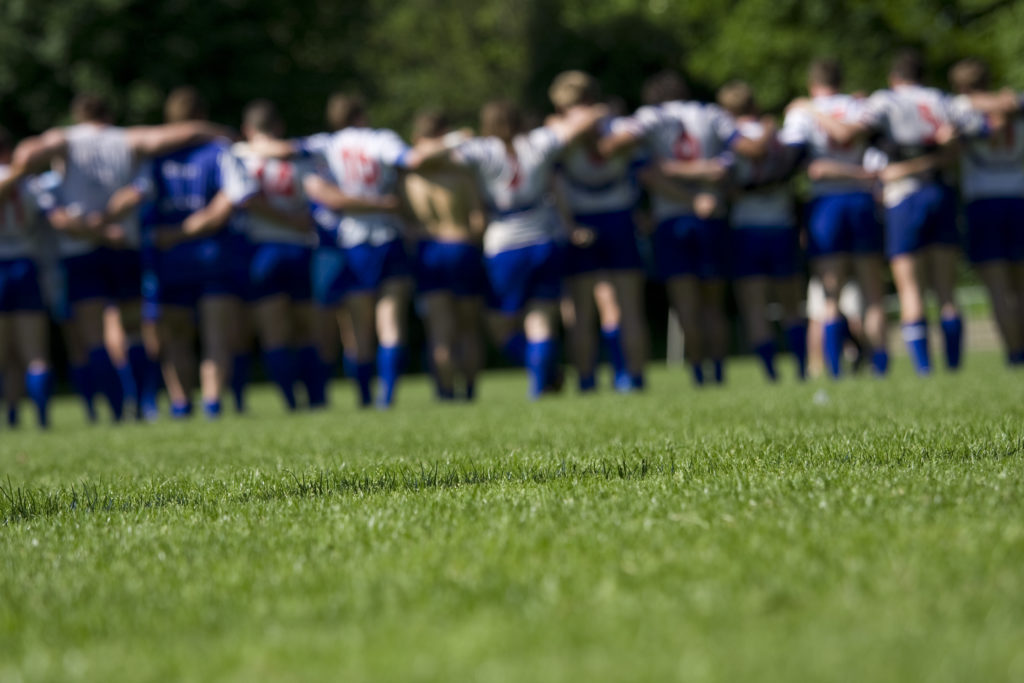
There are many opinions of what a group really is defined as. According to Carron, Hausenblas, and Eys (2005) a group in a sporting context is defined as more than two people that have a common identity or objective, with an organised structure, eventually leading to the same fate at the end of their journey […]

Self-talk is considered one of the main psychological strategies for developing a better mental state in sports context and it can take several forms: positive (motivational), instructional and negative (Weinberg & Gould, 2003). Self talk is also being used as a tool for elite football coaches to handle pressure and being able to maintain a […]

In my last article, I introduced the Mindfulness-Acceptance-Commitment Approach to sport performance enhancement, as developed by Gardner and Moore (2004). I briefly outlined the structure of the MAC program, noting that it typically consists of seven weekly sessions. The purpose of the present article is to describe the sessions of the MAC Approach in greater […]

“Apparently you just run for an extended period of time”. So goes one of the famous quotes of the noughties on the topic of jogging (soft j, anyone?). Ron Burgundy had a clear disdain for such an activity. The activity could hardly have been less valued by him. And though a likely throwaway line in […]

